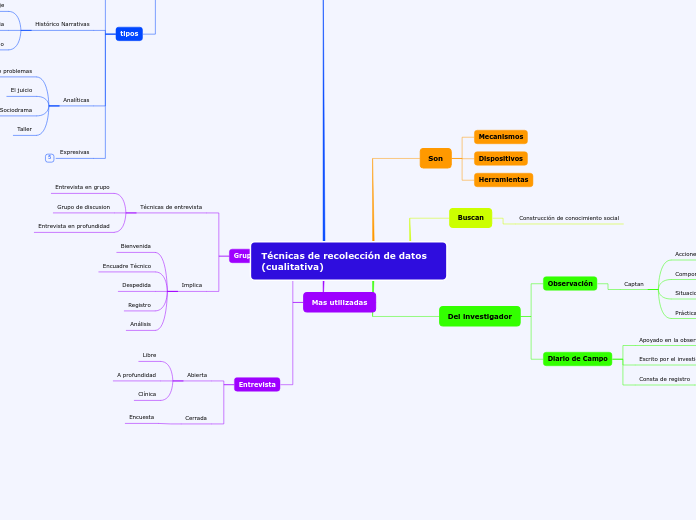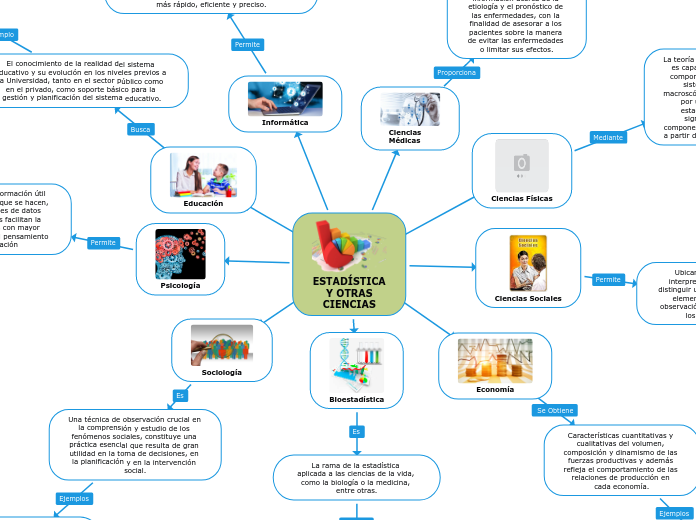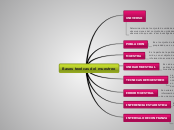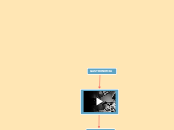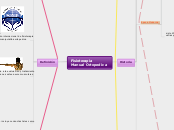Técnicas de recolección de datos (cualitativa)
In linguistics, syntax is the set of rules, principles, and processes that govern the structure of sentences in a given language, usually including word order.
Mas utilizadas
A compound sentence is a sentence that has at least two independent clauses joined by a comma, semicolon or conjunction. An independent clause is a clause that has a subject and verb and forms a complete thought.
Entrevista
Create your own compound sentences, using the coordinators above.
Cerrada
Encuesta
Abierta
Clínica
A profundidad
Libre
Grupo focal
When independent clauses are joined with coordinators (also called coordinating conjunctions), commas and semicolons, they do more than just join the clauses. They add meaning and flow to your writing.
Implica
Análisis
Registro
Despedida
Encuadre Técnico
Bienvenida
Técnicas de entrevista
Entrevista en profundidad
Grupo de discusion
Entrevista en grupo
Interactivas/interventivas
A complex sentence is a sentence that contains an independent clause and one or more dependent clauses.
An independent clause can stand alone as a sentence, but a dependent clause even though it has a subject and a verb cannot stand alone.
tipos
An adverbial clause is a group of two or more words that function as an adverb in a sentence.
Expresivas
Colcha de retazos
Analíticas
Taller
Sociodrama
El juicio
Árbol de problemas
Histórico Narrativas
Retablo
Foto historia
Foto lenguaje
Descriptivas
Siluetas
Cartografía
Mural de situaciones
Colcha de retazoz
Aspectos importantes
Attributive clauses serve as an attribute to a noun (pronoun) in the main clause. This noun or pronoun is called the antecedent of the clause.
Preguntas
Ambientación
Materiales
Investigador
Población
Entorno
Contexto
Del investigador
Diario de Campo
See the example below and try to create your own simple sentences.
Tim drives the car.
Consta de registro
Toda la actividad investigativa
Escrito por el investigador
Apoyado en la observación
Observación
See the example below and try to create your own simple sentences.
Tim drives.
Captan
Prácticas
Situaciones
Comportamientos
Acciones
Buscan
The predicative is defined as an adjective or noun forming or contained in the predicate.
Its main trait is that it serves to express a property that is assigned to a 'subject'.
For e.g.: The dog is old.
Construcción de conocimiento social
Son
Herramientas
Traditional grammar defines the object in a sentence as the entity that is acted upon by the subject.
Dispositivos
The predicate of a sentence is the part that modifies the subject in some way. Because the subject is the person, place, or thing that a sentence is about, the predicate must contain a verb explaining what the subject does and can also include a modifier.
Mecanismos
The subject of a sentence is the person, place, thing, or idea that is doing or being something. You can find the subject of a sentence if you can find the verb.
Ask the question, 'Who or what 'verbs' or 'verbed'?' and the answer to that question is the subject.
